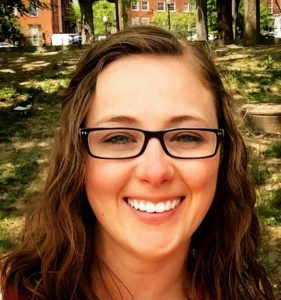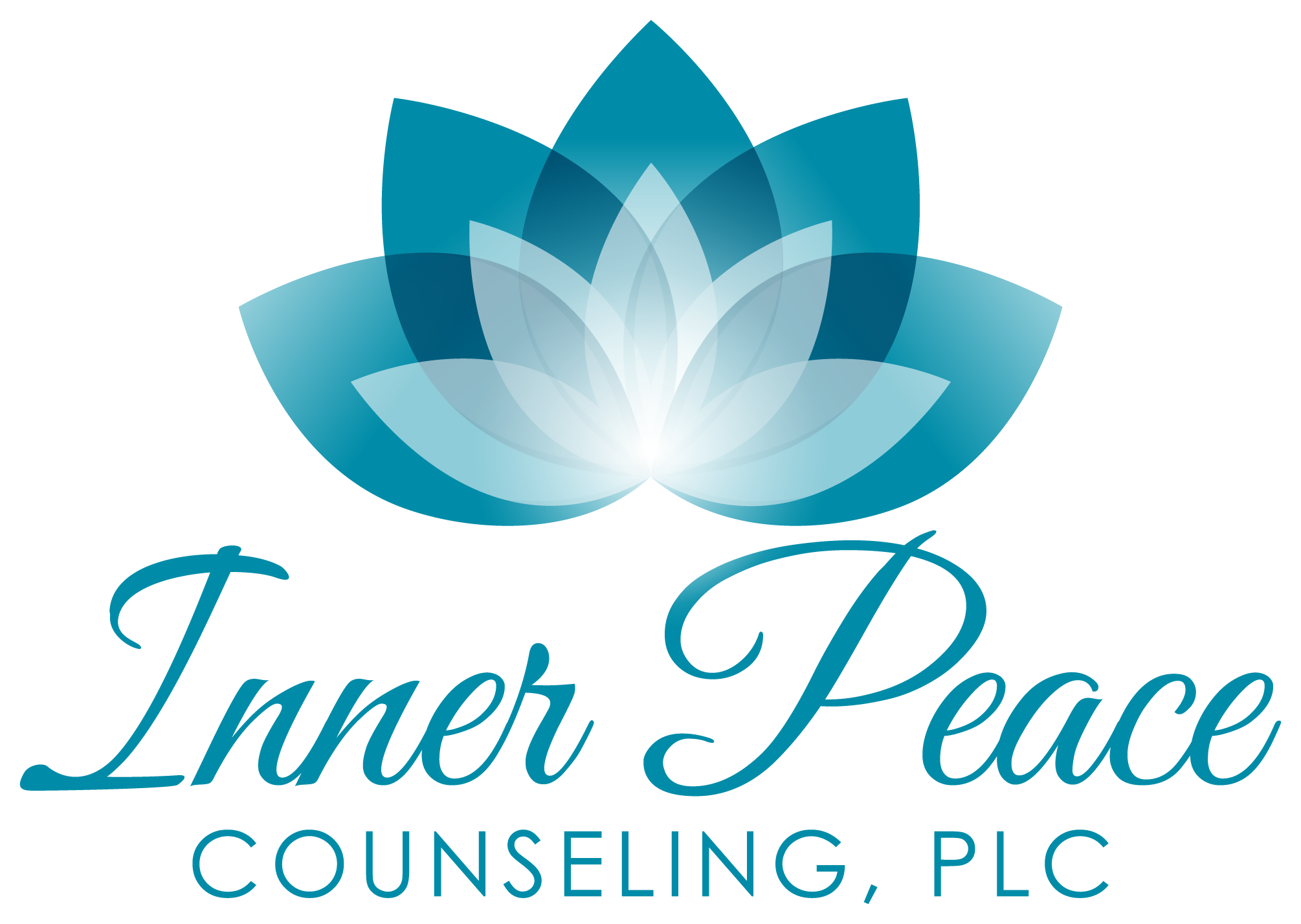Addiction Treatment: Why It’s More than Just “Will Power”

Addiction Treatment: Why It’s More than Just “Will Power”
I used to work at a center for addiction treatment for 5 years. Those seeking treatment were exhausted, struggling to be healthy, and often had spent years battling their addiction. They were physically and emotionally dependent on their substance of abuse. So, in this place, I figured they, more than anyone else in the world, would know that addiction is more than just a matter of will power. I assumed that addiction as a disease would be well-understood by those from whom it took everything. I was wrong.
Even for those who have spent years battling their addiction, mis-informed society does a good job of telling us that someone can “quit whenever they want to”. However, brain scanning and research on how the brain functions has taught us that addiction is not a matter of will power. It is a disease.
What happens in addiction is that certain parts of the brain no longer function. The Mid-Brain, the central location of the brain that is survival-driven, is the oldest, most primal part of the brain. It is responsible for telling us to eat, sleep, flee, kill, and procreate. But, the frontal lobe (behind your forehead), is the most recently developed part of the brain that is responsible for putting the brakes on impulsive, survival-like, decisions made by the Mid-Brain. The frontal lobe is involved in helping us connect with others and identify consequences of behavior.
With the repeated impulse-driven behaviors of addiction, the frontal lobe no longer runs the show. The Mid-Brain takes over. This means that those who are addicted no longer have the ability to think through whether taking that drink or using that drug will result in consequences. For those who are addicted, the consequences don’t matter as much as using does, if they can even identify the consequences at all amidst their addictive behavior.
Yes, addiction is known for behaviors that are not pleasant – drunk driving, lying, premature death, job loss. But, as someone wise told me, “Addiction messes up your brain but it doesn’t affect your heart”. For those who have a loved one dealing with addiction, as most of us do, it’s hard to understand that the self-sabotaging and deceitful behaviors aren’t intentional. Well, they are intentional. Those addicted just don’t care because the Mid-Brain doesn’t even have that in the radar. All that matters is the drug.
So, what does this mean for addiction treatment? Part of the stigma of addiction is that people should just have enough will power to stop using. But, we are not talking about will power. We are talking about the brain. This means that addiction rarely, if ever, gets better without treatment. How else would you expect to change the patterns of the brain without a little help? Some of us can hardly get up to go exercise as we know we should.
Researchers trying to help people break habits (like exercising regularly), have found that it takes at least 28 days for the brain to create new pathways to new behaviors. Think about how deeply-carved the patterns of addiction are. For every drink, every thought about using, every ounce of powder consumed, the neuropathways that support addiction are strengthened. And, how many times a day does this happen? Dozens? Hundreds? At least. We all know what it’s like to be pre-occupied with a thought or item. This is addiction, 24/7. Miserable, huh?
So, if we think about addiction even from a purely habitual standpoint, someone needs to actively work on new behaviors for at least 28 days (this is also while not continuing the old patterns of behavior, which is very difficult for those new in recovery). That is hard to do on your own. This is where addiction treatment comes in.
Many times people think they can get sober on their own. But, just because you could do it on your own doesn’t mean you have to. Respect yourself and your importance enough to get yourself help. Reach out to others. Go to AA meetings. See a therapist who specializes in addiction and doesn’t add to the criticism of you needing to “just stop”. Addiction may have messed up your brain but it doesn’t affect your heart. There is goodness in there. Allow yourself to let it out.
** Because the workings of the brain related to addiction are so complex, there is not enough room to do it justice here. Therefore, on my “Resources” page of my website, you can find several resources to better understand and treat addiction. Among the favorites are the HBO Series on Addiction and the Research-Based Documentary “Pleasure Unwoven”.
~Ashley Carter Youngblood, LMSW, LMFT, CADC, ADS
 Ashley Carter Youngblood is both a Fully-licensed Clinical Social Worker and Marriage and Family Therapist who has been in the field since 2007. She offers counseling in Kalamazoo, Portage, Mattawan, Battle Creek, Paw Paw, and the surrounding areas of Southwest Michigan. She is passionate about her work with clients, whether it’s providing individual counseling, couples counseling, family therapy, or life coaching. Her specialties include holistic healing/mindfulness, counseling for women, anxiety, couples counseling, and addictions/substance abuse.
Ashley Carter Youngblood is both a Fully-licensed Clinical Social Worker and Marriage and Family Therapist who has been in the field since 2007. She offers counseling in Kalamazoo, Portage, Mattawan, Battle Creek, Paw Paw, and the surrounding areas of Southwest Michigan. She is passionate about her work with clients, whether it’s providing individual counseling, couples counseling, family therapy, or life coaching. Her specialties include holistic healing/mindfulness, counseling for women, anxiety, couples counseling, and addictions/substance abuse.
I welcome you to contact me or leave any questions or feedback you have about this post. Please keep in mind that the above information is the opinion of an individual, should not be considered medical advice, and is for entertainment/educational purposes only. I write these blogs as an expression of my passion for wellness and with the hope to be able to help as many people as possible. Therefore, I would encourage anyone seeking mental health advice to contact a therapist in your area who can better evaluate your situation and provide you with case-specific information for treatment. Also remember, if you are experiencing an emergency, contact 911 or present yourself to your nearest emergency room.
Thanks for reading.
4 Comments Hide Comments
Comments are closed.

This is a very timely article. Thank you. It has been shared and will help many understand better that addition IS a disease, especially those who have loved ones dealing with addiction.
7 Why do drug- addicted persons keep using drugs? 8 What is drug addiction treatment ? But addiction is more than just compulsive drug taking— it can also produce far-reaching health and social consequences.
You have some great questions. Addiction IS more than just compulsive drug taking. But, it is often the addictive behavior in itself that creates the far-reaching health and social consequences. I chose to write more about substance abuse in this blog. But, stay tuned for more about addiction in general! Thanks for reading.
[…] recently wrote a blog titled “Addiction Treatment: Why It’s More than Just ‘Will Power’”. The fact that hundreds of people interacted with the material tells me that people are eager […]